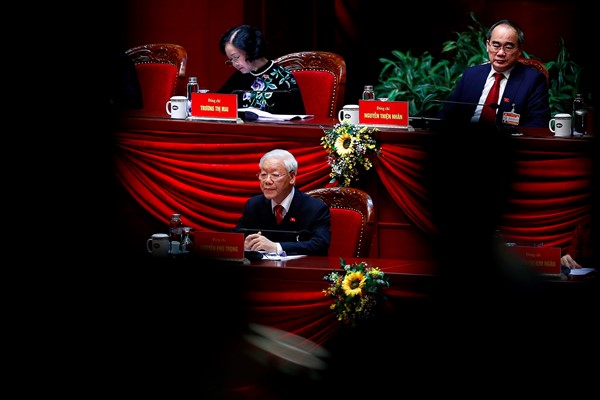2020 was the year that Vietnam gained widespread recognition as a substantial player in the global economy and as a model “developmental state.”
The world noticed because Vietnam effectively contained COVID-19 even while the disease wreaked havoc on the populations and economies of much wealthier nations. International media outlets normally pay Vietnam scant attention; the war that ravaged it ended nearly half a century ago, and the one-party regime in Hanoi discourages investigative reporting. However, its strikingly successful mobilization against the pandemic has prompted a spate of essays hailing Vietnam’s “breakout moment.”
As Richard Heydarian wrote recently in Nikkei Asia, Hanoi has lately delivered remarkably good governance to a nation blessed with a high degree of social cohesion. Along with Taiwan—another top performer against the pandemic—Vietnam has shown “the importance of competent political leadership, social capital and state capacity.” Along similar lines, investor and development guru Ruchir Sharma judges correctly that Vietnam “is making autocratic capitalism work unusually well.” However, political risk analyst Nguyen Phuong Linh is also right in pointing out that Vietnam’s current success rests on a fragile political foundation.

